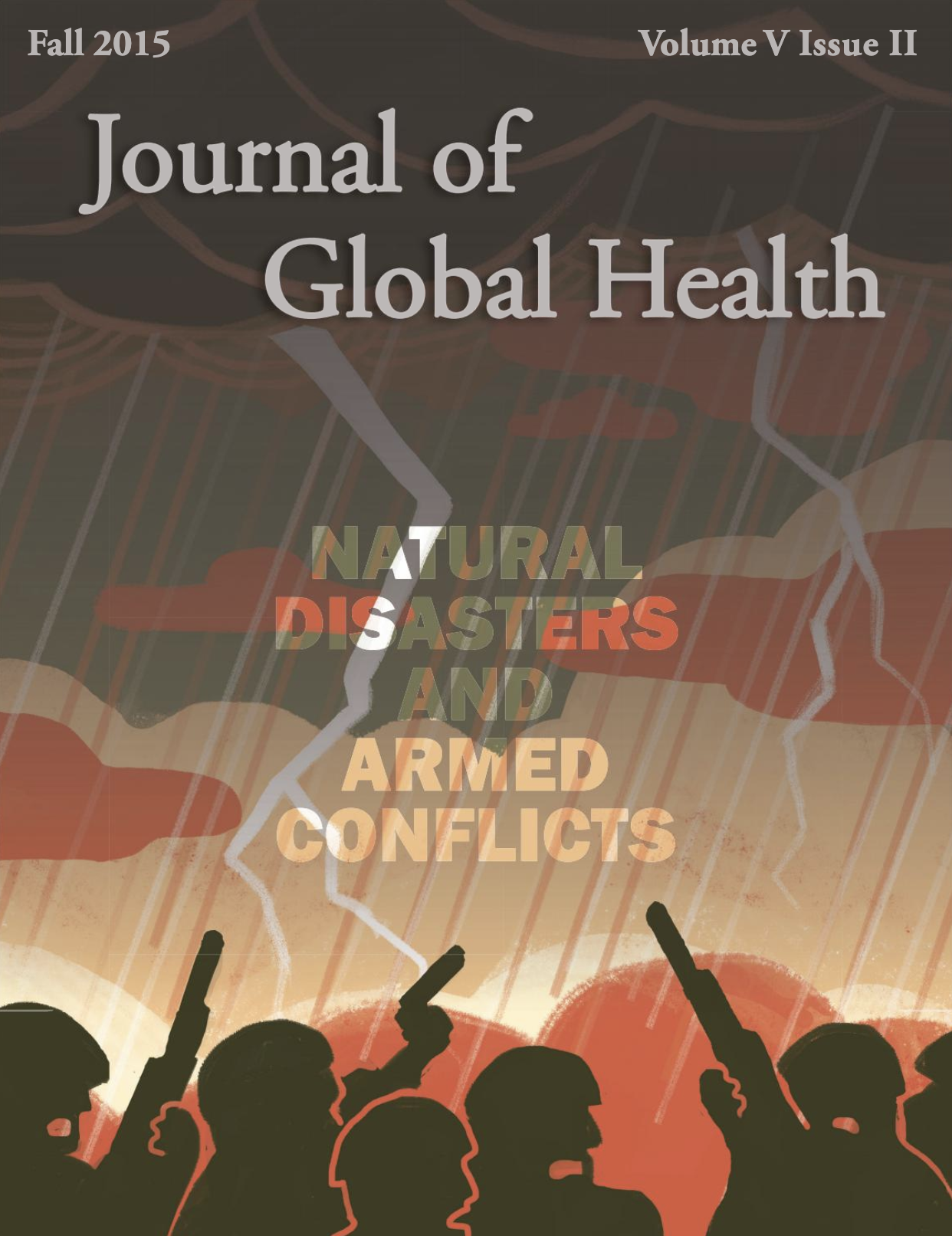Post-conflict healthcare reconstruction: Yemen and the window of opportunity for primary care
Main Article Content
Abstract
Primary care, a key component of healthcare systems, is defined by the World Health Organization as “first-contact, accessible, continued, comprehensive and coordinated” care. It is cost-effective, equitable and leads to improved whole-person and population outcomes. Despite such benefits, primary care is often poorly promoted in developing countries, especially in post-conflict settings. This study considers the paradoxical benefits of primary care reported in Western countries and explores whether these benefits might make it particularly appropriate for post-conflict developing states. Yemen was chosen as a topical example to illustrate challenges facing understudied fragile states. The authors conclude that, given the progress in healthcare coverage achieved by neighboring Oman through primary care, Yemen would do well to adopt a similar approach. For Yemen to focus on primary care, political stability is essential and early steps towards primary care are imperative.

